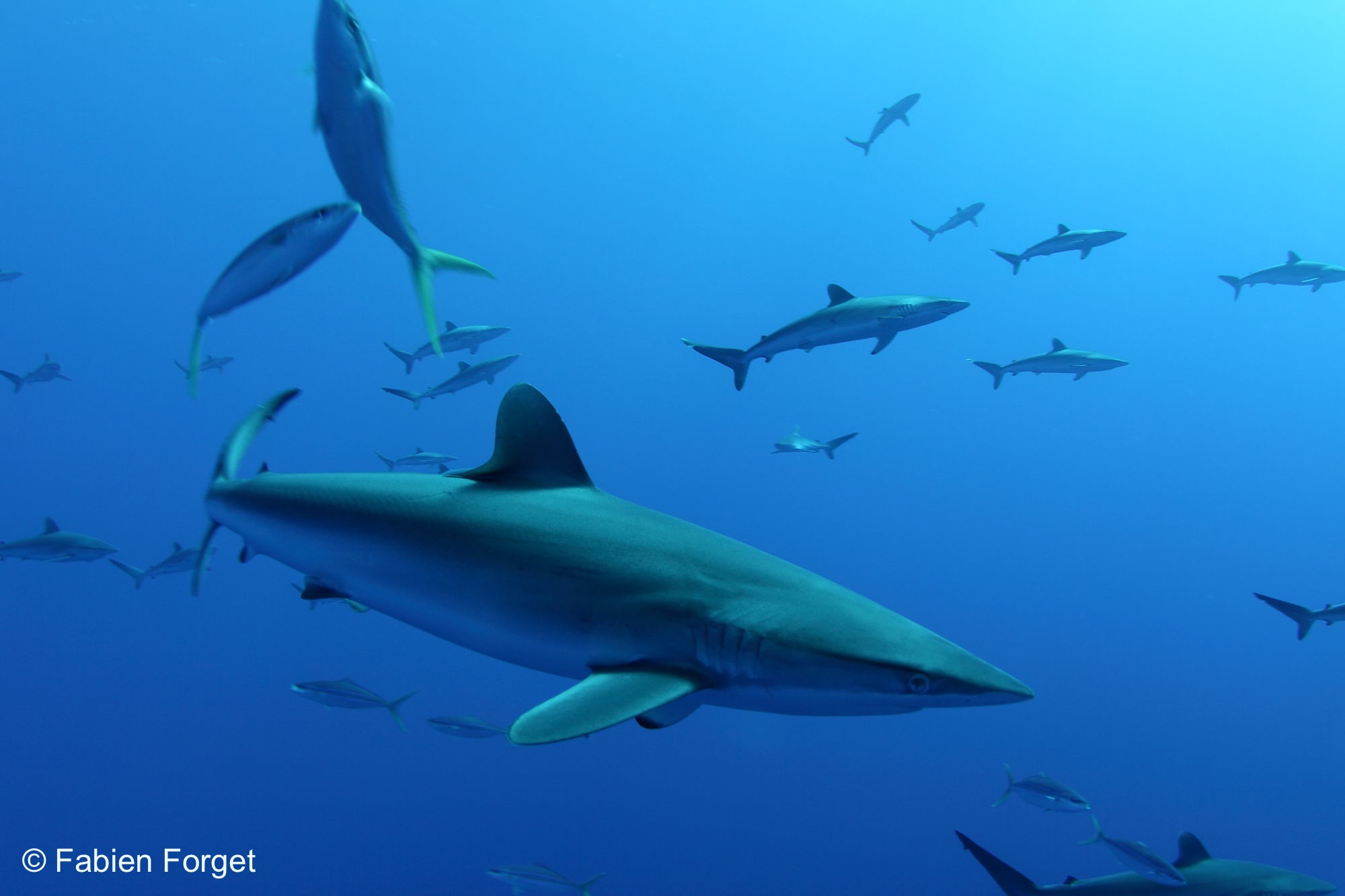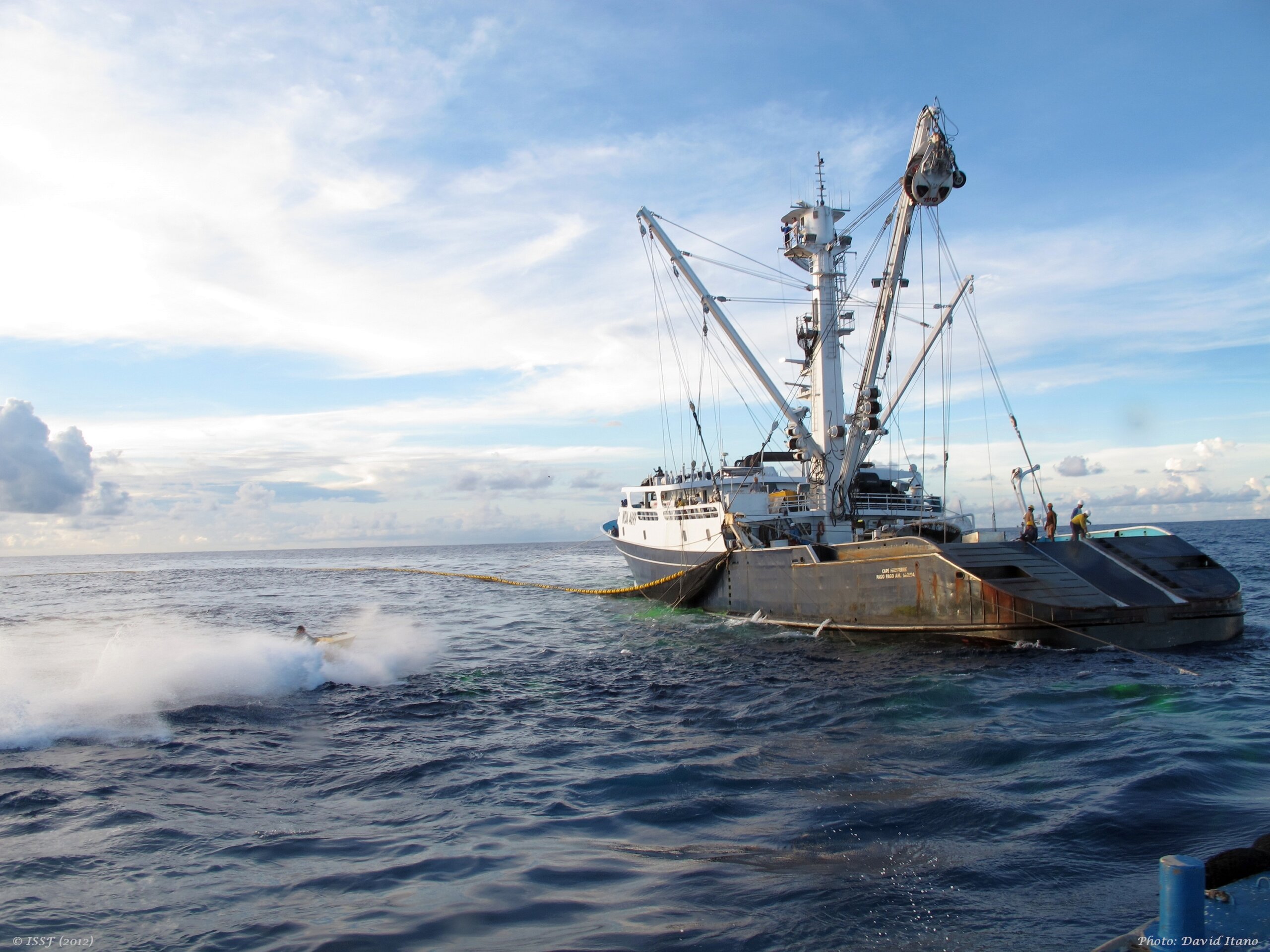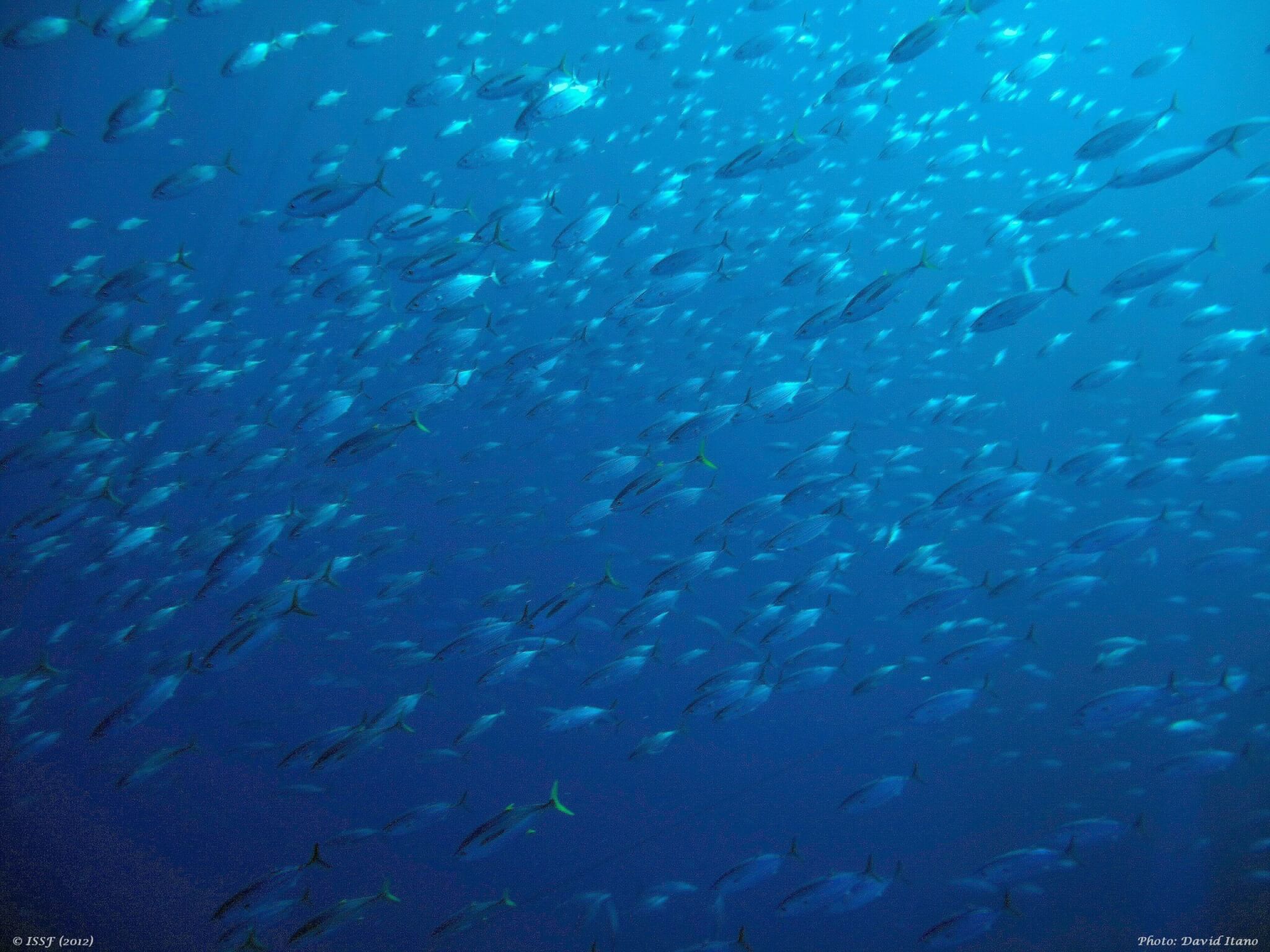How Fisheries Managers Can Protect Atlantic Ocean Tuna Fisheries | Our ICCAT Position Statement
The International Commission for the Conservation of Atlantic Tunas (ICCAT) will convene its annual meeting in Cyprus beginning November 11. Here are five ways in which fisheries managers can work toward more sustainable Atlantic Ocean (AO) tuna fisheries at these meetings.
1. Adopt a workplan for the ICCAT Compliance Committee to develop audit points for management measures, and adopt procedures to address non-compliance with total allowable catch (TAC) allocations.
A strong and transparent compliance process improves fisheries management by holding regional fisheries management organization (RFMO) members accountable. Although ICCAT has one of the most well designed, transparent compliance assessment processes amongst tuna RFMOs, these processes can continue to be strengthened.
2. Adopt a new recommendation for tropical tuna management that ensures bigeye and yellowfin tuna stocks are maintained at sustainable levels—which will require stronger measures to reduce yellowfin catch. The measure should fully allocate the TAC between ICCAT members, especially for yellowfin. ICCAT must also maintain the current TAC for Mediterranean albacore.
Since it came into effect in 2012, the AO yellowfin tuna TAC has been exceeded every year but one. In addition, the TAC is not allocated by member or gear, making it impossible to identify non-compliance. A 2024 assessment estimated the stock to be very close to the biomass and fishing mortality levels that support maximum sustainable yield (MSY), and projections at the current level of catch indicate that it will become overfished. Therefore, stronger management measures are needed to reduce the catch.
A 2024 stock assessment of Mediterranean albacore resulted in different stock status outcomes, based on two differing data inputs. Projections made under either outcome indicate that the current TAC of 2,500 tonnes will allow the stock to continue to rebuild.
3. Strengthen fish aggregating device (FAD) management as part of a revised tropical tuna conservation measure, specifically:
- Clarify that FADs must be fully non-entangling
- Adopt a definition of “biodegradable” consistent with peer RFMOs, and establish a timeline for transition to biodegradable FADs also consistent with what has already been adopted by other RFMOs
- Establish a timeline to develop a FAD register
If the Commission extends the current recommendation for tropical tuna conservation and management for another year, adopt a stand-alone FAD measure that includes all of the above asks.
Recent difficult discussions on allocation surrounding ICCAT’s tropical tuna measure have put aside important actions for improved FAD management—like FAD design, recovery, activation/deactivation rules, data use for science, and more. ICCAT must bring its FAD measures in line with best practices.
4. Increase observer coverage for large-scale longline vessels to 20%—allowing for the use of electronic monitoring (EM) to reach this level.Comprehensive observer coverage is critical to effective fisheries management, compliance monitoring, and independent verification of catch, effort, species composition and bycatch. 100% observer coverage (human and/or electronic) for major fisheries is feasible and necessary.
ICCAT’s minimum 10% observer coverage requirement for longline vessels fishing for tropical tunas remains too low for bycatch estimates to be reliable. EM can help increase coverage, and last year ICCAT adopted minimum EM standards and program requirements for purse seine and longline fisheries. ICCAT members with longline fisheries must now embrace this opportunity to improve monitoring.
5. Strengthen the regulation of at-sea transshipment in line with best practice standards, including requiring: near real-time electronic reporting for all transshipment activity; that carrier vessels only to be flagged to members; and that automatic identification system (AIS) data are reported in addition to required vessel monitoring systems (VMS) data.
If not well-managed, transshipment at-sea can be a conduit for illegal, unreported and unregulated (IUU) fish to enter the supply chain. ICCAT strengthened its transshipment regulations in 2021, but they should be further improved.
For the full list of our asks of AO fisheries managers, read our position statement, available in English, French, and Spanish, on the ISSF website.



